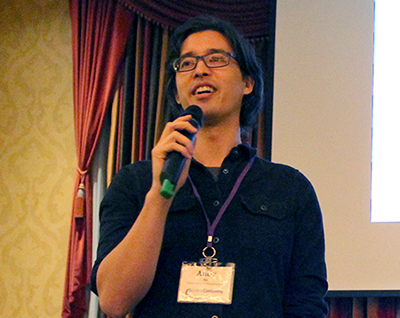
Over the past year, the AccessComputing team has worked on a national survey on teaching accessibility. We reached out to 14,176 computing and information science faculty at all institutions of higher education in the United States, and received 1,857 full responses.
The goal of the survey was to learn who is teaching accessibility, what they are teaching, and what barriers faculty see to teaching about accessibility. We found that, of those who responded, about 20% reported teaching something about accessibility in at least one of their courses. Overall, this represents a minimum of 2.5% of faculty surveyed. While this may seem small, about 50% of the institutions that responded had at least one elective course that taught something about accessibility and 75 institutions had at least two faculty teaching accessibility. There were only 17 self-described faculty accessibility experts, spread across 14 institutions.
Of the faculty who responded, those who teach accessibility were twice as likely to be female, twice as likely to view accessibility as part of computer science (CS) curricula, three times as likely to have expertise in accessibility, and about 1.5 times as likely to know someone who has a disability.
Most importantly, even amongst faculty who do not teach accessibility, most respondents believed that accessibility should be taught in CS. They just did not believe they had enough expertise and did not know how the topic connected to their specific sub-areas of CS.
AccessComputing and Teach Access are using these results to prepare new materials that provide this missing expertise and these missing links to CS curriculum.